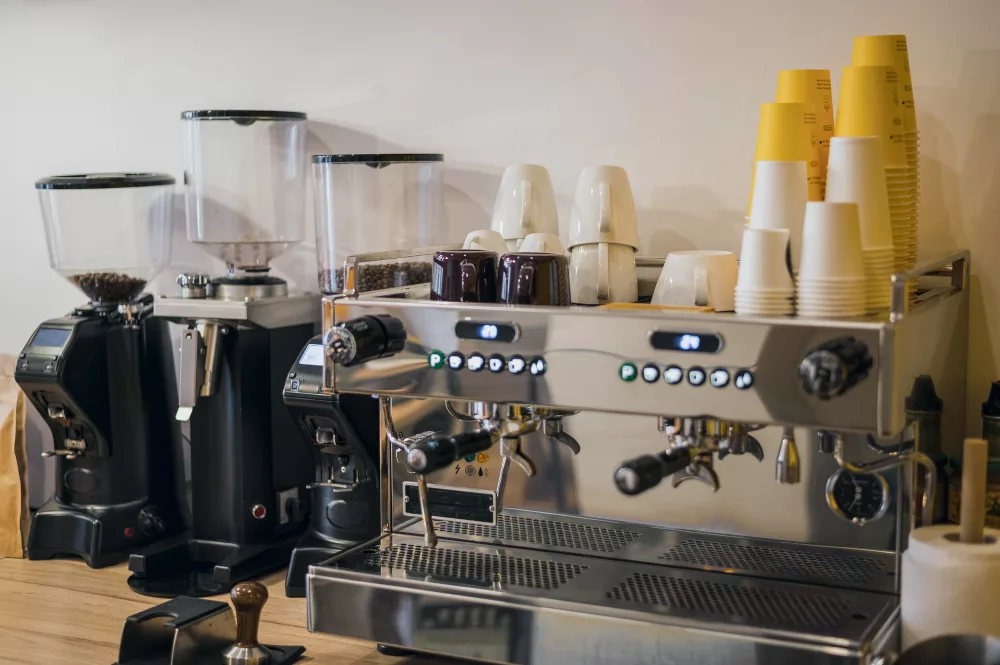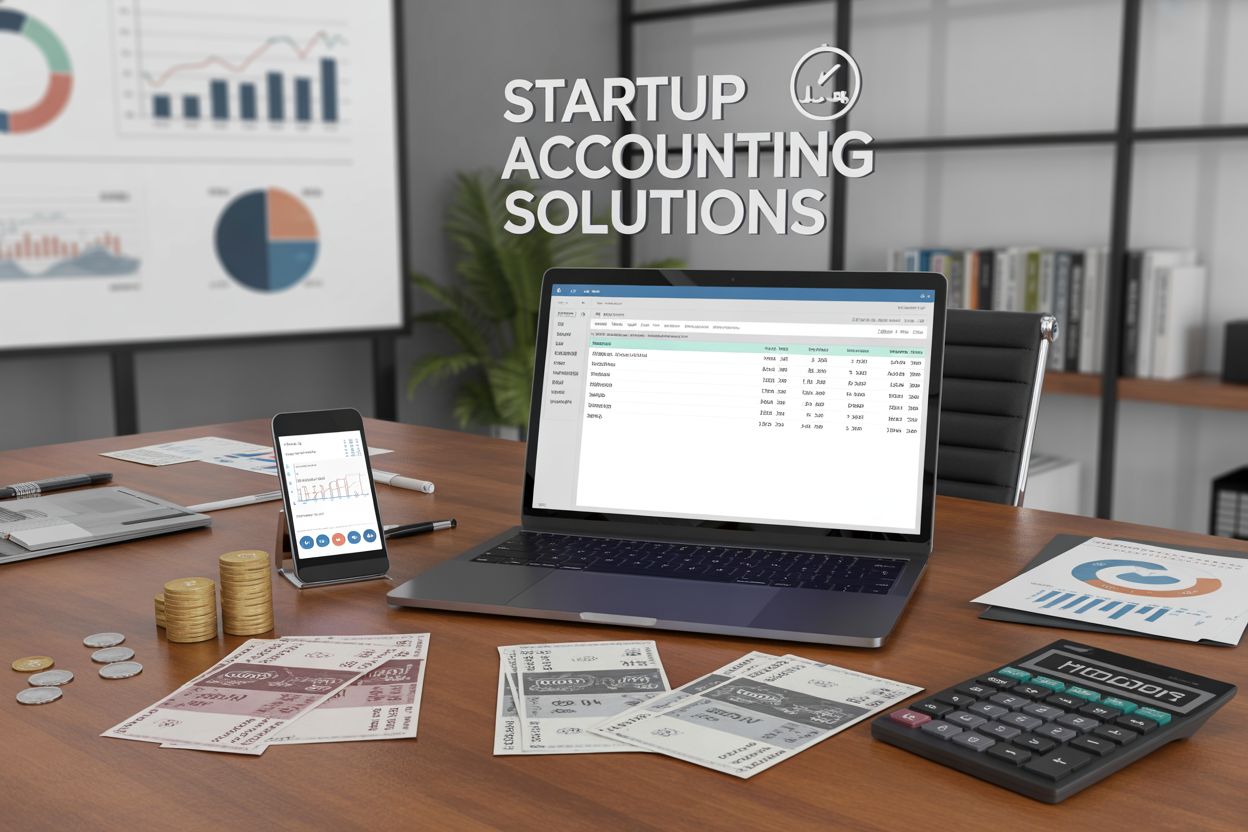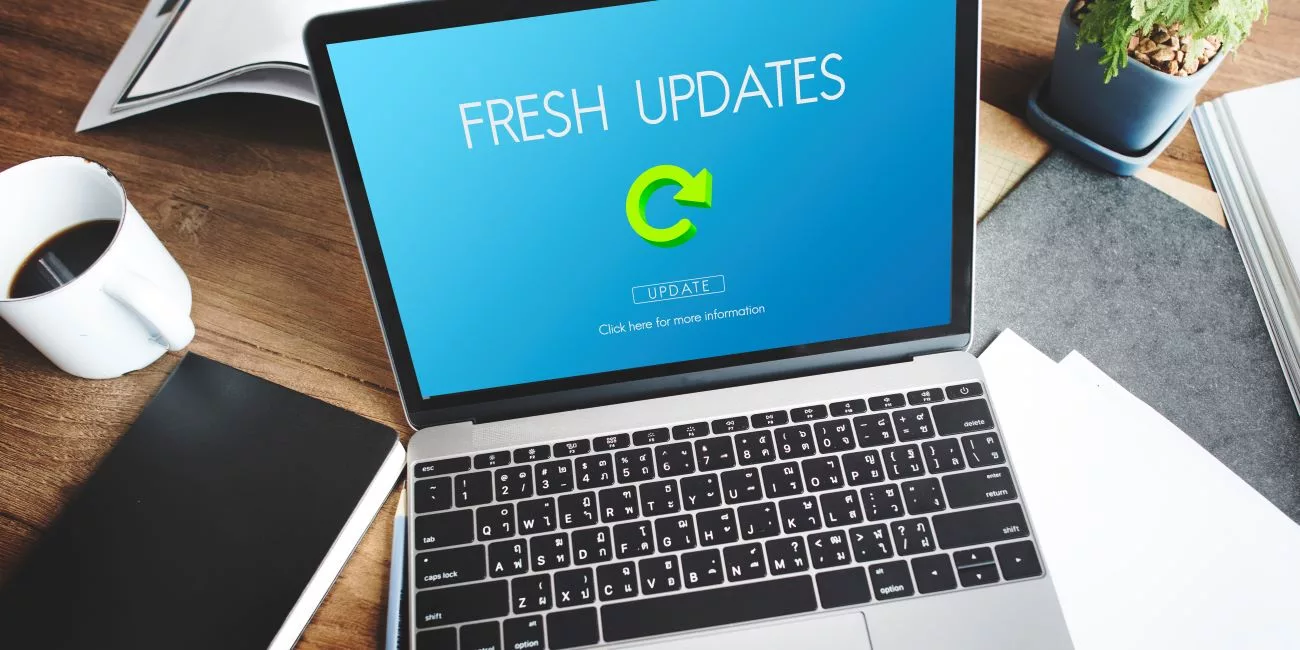Introduction to Opening a Startup Cafe in Malaysia
The Malaysian café scene is as vibrant and diverse as its culture. With the perfect blend of traditional and modern influences, opening a café in Malaysia presents a unique and exciting business opportunity. This guide will take you through the essential steps of opening a startup café in Malaysia, from understanding the market to legalities, budgeting, and marketing strategies.
Understanding the Cafe Industry in Malaysia
Current State of the Industry
The café industry in Malaysia is booming, with a wide variety of local and international café chains. The rising middle class and the trend towards a café culture are key factors in this growth. From speciality coffee shops to traditional kopi tiam, the options are endless.
Future Projections and Potential
The café market in Malaysia shows no signs of slowing down. As more people appreciate the café lifestyle, the potential for growth in this sector is immense. Also, with an increase in tourism, there’s a growing demand for unique café experiences.
Essential Factors to Consider Before Starting a Cafe
Identifying Your Target Audience
Who will frequent your café? Is it students, working adults, or tourists? Knowing your target audience will guide your café’s concept, menu, and even operating hours.
Choosing the Right Location
Location is vital. High traffic areas like shopping malls, universities, or business districts are usually a good bet. But don’t forget about rent costs and competition in these areas.
Building a Unique Concept and Branding
With many cafés around, what will set yours apart? Will it be your unique coffee blends, themed interiors, or unparalleled service? This is where branding comes into play.
Legalities and Regulations
Registration of Business
First and foremost, register your business with the Companies Commission of Malaysia (SSM). You can choose between sole proprietorship, partnership, or a private limited company.
Health and Safety Regulations
All food establishments in Malaysia need to adhere to the Food Hygiene Regulations 2009. Regular inspections will be conducted by the Ministry of Health.
Licenses and Permits
Besides the business license, you will need a premise license, a signboard license, and possibly a Halal certification if you’re catering to the Muslim demographic.
Initial Costs and Budgeting
Startup Costs
Consider costs for renovation, kitchen equipment, furniture, and initial inventory. A solid financial plan is crucial in the early stages.
Operational Costs
Factor in monthly expenses such as rent, salaries, utilities, and inventory replenishment. Aim to keep these as low as possible to increase profit margins.
Formulating a Business Plan
A well-crafted business plan will be your roadmap. It should include your concept, market research, marketing strategies, budget, and future projections.
Sourcing and Quality Control
Finding Reliable Suppliers
Quality ingredients are key to a great café. Build strong relationships with reliable suppliers for consistent quality.
Quality Assurance
Implement measures to ensure consistent quality in your food and beverages. Regular staff training is also essential.
Hiring and Training Staff
The right team can make or break your café. Hire passionate individuals and invest in their training.
Marketing Strategies for Success
Effective marketing will help your café stand out. Consider a blend of traditional marketing, social media, and loyalty programs.
Challenges to Prepare For
Running a café isn’t without challenges. Be prepared for long hours, fluctuating consumer trends, and potential staffing issues.
Conclusion
Opening a startup café in Malaysia is a rewarding, albeit challenging venture. By understanding the industry, planning meticulously, and staying committed to quality, your café can thrive in this booming market.
Frequently Asked Questions
- Do I need any special permits to open a cafe in Malaysia? Yes, apart from the regular business registration, you need specific licenses to operate a café in Malaysia. These include a premise license, signboard license, and depending on your menu, you may also need a Halal certification. It’s best to check with local authorities for a comprehensive list of required permits.
- What is the estimated cost to start a café in Malaysia? The cost can vary widely depending on many factors such as location, size, concept, and type of café. A modest café could start from RM 100,000, while larger establishments in prime locations might require upwards of RM 500,000. It’s essential to create a detailed business plan that factors in all possible costs.
- How can I market my café effectively in Malaysia? Utilize both online and offline marketing strategies. Social media platforms like Instagram and Facebook are crucial for reaching a broad audience. Collaborations with local influencers can also boost visibility. Offline, consider hosting events or offering promotional deals to attract customers.
- What are some common mistakes to avoid when starting a café? Common mistakes include neglecting market research, inadequate financial planning, and poor location selection. Failing to differentiate your café from competitors or neglecting customer service can also lead to business failure. It’s important to have a comprehensive business plan and constantly reassess your strategy.
- How important is the location for a café in Malaysia? The location is extremely important. High foot-traffic areas can bring in a lot of customers, but they may also have higher rental costs. Consider your target audience and choose a location where they are likely to frequent. Also, consider the proximity of competitors in the chosen location.



